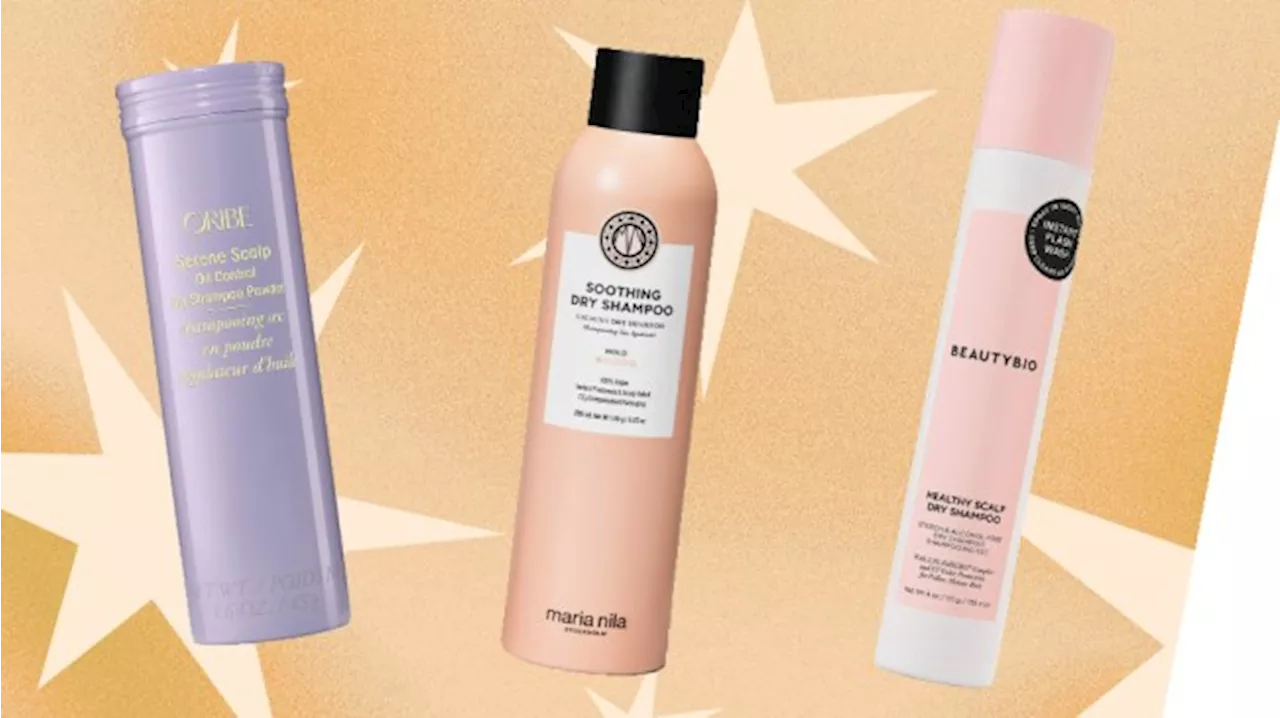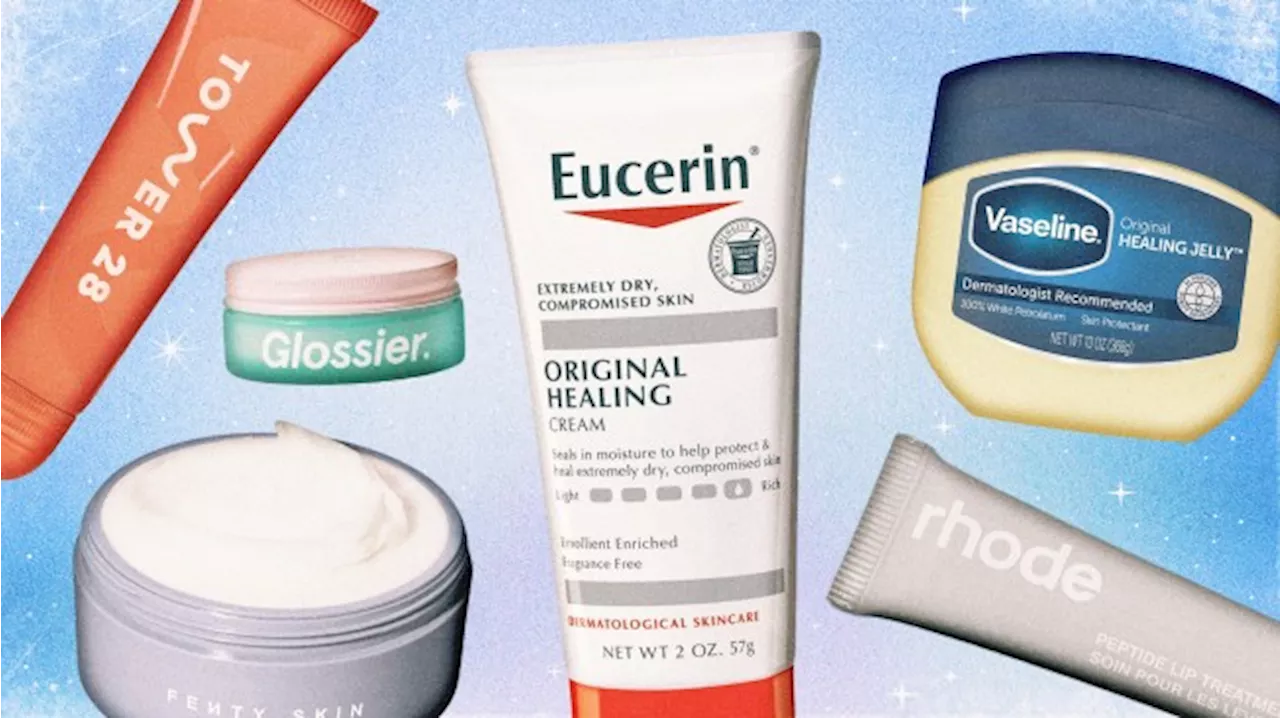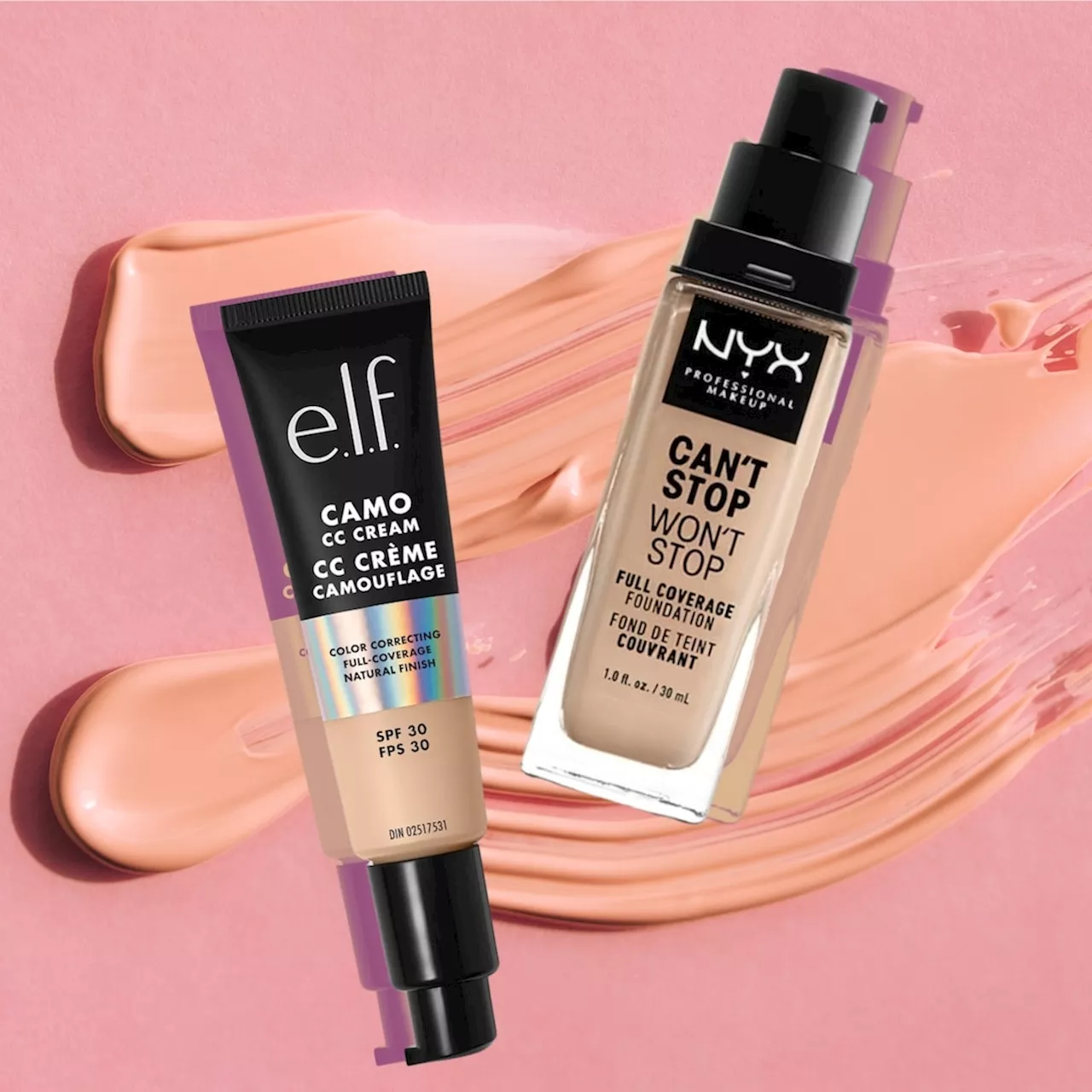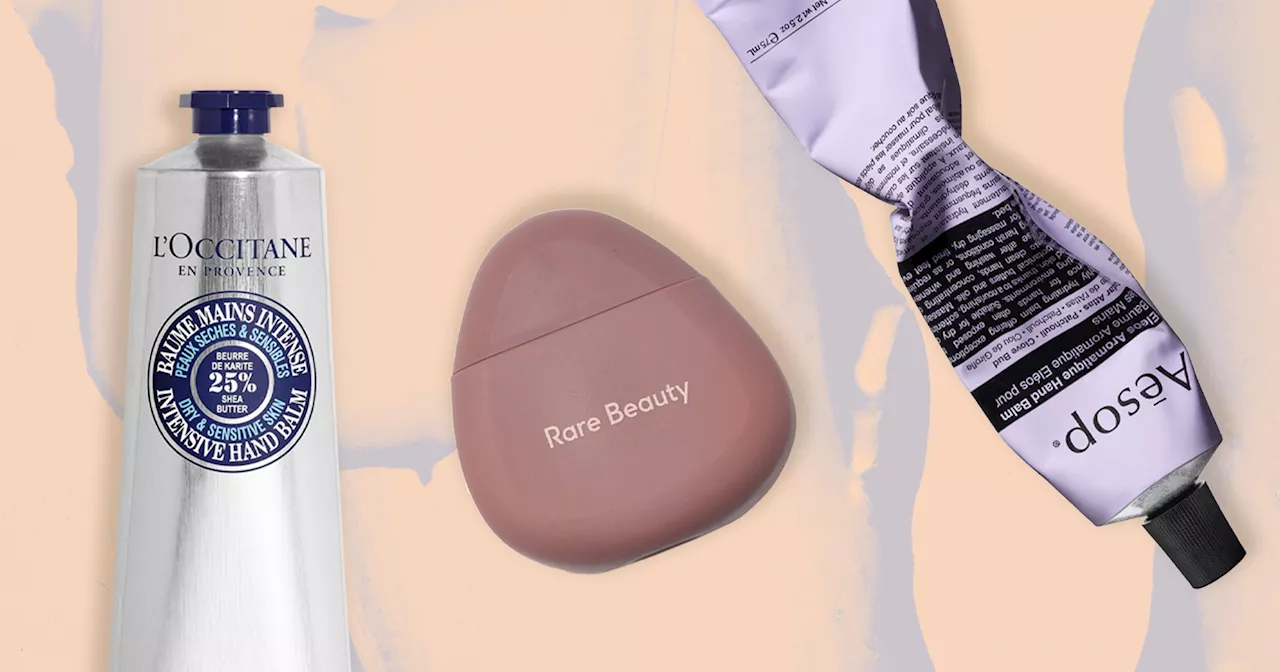Understanding the difference between dry skin and dehydrated skin is crucial for choosing the right skincare treatments. While both conditions share similar symptoms, their underlying causes are distinct. Learn how to identify each type and address your skin's needs effectively.
When it comes to effectively moisturizing your dried-out body and face, you might be overlooking one important step: figuring out whether you’re dealing with dry skin versus dehydrated skin. They may sound like the same problem, but there are actually subtle differences—and mistaking one for the other could be the reason why you’re not seeing the relief you hoped for.
To start with their similarities, both dryness and dehydration share a ton of symptoms in common, including tightness, itchiness, and flaking. Technically, though, the biggest distinction comes down to their specific causes, Marisa Garshick, MD, a board-certified dermatologist in New York City, tells SELF. “Naturally dry skin has less active oil glands and therefore lower sebum production, leading to an ongoing need for moisture,” Dr. Garshick explains. “Whereas dehydrated skin can still produce oil—it’s really about lacking water.” Still confused about the distinction? You’re not alone—and to complicate things further, Dr. Garshick says it’s possible to have both, given that the lack of oils can make it harder for your body to retain water and stay hydrated. “But knowing the difference is important for choosing the right skin care treatments,” she explains. Here are a few ways to tell them apart. 1. Dry skin is more chronic, while dehydration is temporary. If your skin is always parched no matter the season, chances are you’re dealing with dry skin. Like oily or sensitive skin, “dry skin is a skin type,” Carmen Castilla, MD, board-certified dermatologist at the New York Dermatology Group and clinical instructor at the Icahn School of Medicine at Mount Sinai, tells SELF. More specifically, it happens when your skin naturally doesn’t produce enough oil or lacks key lipids (as seen in more severe conditions like eczema)—both of which are essential for maintaining a strong moisture barrier,” Dr. Castilla says—the skin’s protective outer layer that keeps irritants out and hydration in. For the most part, whether or not you have dry skin often comes down to genetics. “Your oil glands just don’t produce a significant amount of oil, and that’s not necessarily reversible,” Dr. Castilla says. However, hormonal changes (during menopause, say, or simply aging) as well as chronic conditions (like eczema) also play a role. Dehydrated skin, on the other hand, isn’t something you’re born with. Rather, it’s an acute condition that occurs when your skin loses water. This could be due to cold, dry weather, sweating, not drinking enough water, or overusing strong actives (like exfoliating acids and retinol, which can potentially weaken your barrier). All of these factors can worsen dryness too, but the point is that dehydration really isn’t chronic—it’s largely influenced by external stuff. 2. Dehydrated skin can feel super tight yet still look greasy. Even if your skin feels thirsty and stiff, it might look shiny in areas like your T-zone if dehydration is the issue, Dr. Garshick says. Since dehydration isn’t tied to your skin type, anyone, even those with oily or combination ones, can experience water loss. Some experts believe your body compensates for the missing hydration by producing excess oil in response—though research on this connection is still evolving. But the reason that your oily skin still feels tight when it’s dehydrated? “Oil can help prevent further water loss, but it doesn’t add hydration,” Dr. Garshick explains. That’s why dry skin tends to appear rough, cracked, and flaky; meanwhile, dehydrated skin has that parched, chapped sensation you’d normally associate with dryness—plus an unexpected sheen. 3. Dry skin will still be plump and elastic. Gently pinch the skin on the back of your hand, hold it for three seconds, then let go. Normally, “it should immediately snap back to its original position, even if you have dry skin,” Dr. Castilla says. However, if that “bounce back” effect is noticeably slower, it could be a more general indication that you’re dehydrated—which, as SELF previously reported, could suggest the skin on your face is lacking moisture too. That’s because water, not sebum, is what gives skin its elasticity and plumpness, according to Dr. Castilla. Whereas “oil is a lubricant that affects texture”—meaning it helps prevent roughness and flakiness, but it won’t do much for elasticity. As a word of caution, though, both derms caveat that the pinch test is most useful for spotting moderate to severe dehydration. (For milder cases, it’s more helpful to check the other signs covered in this article.) 4. Dehydrated skin can make fine lines more noticeable. According to Dr. Castilla another thing that can happen when your skin loses elasticity is that fine lines (particularly around the eyes) become more defined. Without the plumpness and natural volume that water provides, the skin can appear thinner, she explains, making those creases pop a little more than usual.
DRYSKIN DEHYDRATEDSKIN SKINCARE MOISTURIZER SKINHEALTH
United States Latest News, United States Headlines
Similar News:You can also read news stories similar to this one that we have collected from other news sources.
 The 9 Best Dry Shampoos for Dry Scalp, According to Hairstylists & EditorsELEVEN AUSTRALIA Dry Shampoo Volume Paste Buy Now at Amazon $27 Buy Now at walmart $19 “When it comes to dry shampoo, most people think of sprays that go directly onto your scalp. But if youʼre dealing with a dry scalp, youʼll want to go for something a bit more nourishing, like a paste,” says Joey Scandizzo, Celebrity Hairstylist.
The 9 Best Dry Shampoos for Dry Scalp, According to Hairstylists & EditorsELEVEN AUSTRALIA Dry Shampoo Volume Paste Buy Now at Amazon $27 Buy Now at walmart $19 “When it comes to dry shampoo, most people think of sprays that go directly onto your scalp. But if youʼre dealing with a dry scalp, youʼll want to go for something a bit more nourishing, like a paste,” says Joey Scandizzo, Celebrity Hairstylist.
Read more »
 Winter Skincare Hacks: Editors Share Their Must-Have Products for Combatting Dry SkinThe article provides tips and product recommendations for combating dry skin during the winter months. It highlights the importance of hydration, layering products, and using lip balms and hand creams. The piece features insights from beauty editors and their favorite products for surviving the winter.
Winter Skincare Hacks: Editors Share Their Must-Have Products for Combatting Dry SkinThe article provides tips and product recommendations for combating dry skin during the winter months. It highlights the importance of hydration, layering products, and using lip balms and hand creams. The piece features insights from beauty editors and their favorite products for surviving the winter.
Read more »
 The Best Affordable Foundations for Dry SkinThis article features a curated list of the best affordable foundations for those struggling with dry skin. It highlights the key features of each foundation, emphasizing their ability to provide hydration, a smooth finish, and long-lasting wear without clinging to dry patches.
The Best Affordable Foundations for Dry SkinThis article features a curated list of the best affordable foundations for those struggling with dry skin. It highlights the key features of each foundation, emphasizing their ability to provide hydration, a smooth finish, and long-lasting wear without clinging to dry patches.
Read more »
 Skincare Routine for Dry Skin: Expert Tips and IngredientsStruggling with a dry complexion? This article outlines the essential steps and ingredients for a skincare routine tailored to dry skin. Learn about humectants, emollients, and occlusives, and discover the best products to keep your skin hydrated and healthy.
Skincare Routine for Dry Skin: Expert Tips and IngredientsStruggling with a dry complexion? This article outlines the essential steps and ingredients for a skincare routine tailored to dry skin. Learn about humectants, emollients, and occlusives, and discover the best products to keep your skin hydrated and healthy.
Read more »
 Dry Brushing for Loose Skin: Does It Really Work?This article explores the popular trend of dry brushing for combating loose skin. It delves into the purported benefits, scientific evidence, and alternative solutions. The author shares personal anecdotes and expert opinions to provide a balanced perspective on this trending skin care practice.
Dry Brushing for Loose Skin: Does It Really Work?This article explores the popular trend of dry brushing for combating loose skin. It delves into the purported benefits, scientific evidence, and alternative solutions. The author shares personal anecdotes and expert opinions to provide a balanced perspective on this trending skin care practice.
Read more »
 The Best Hand Creams for Dry SkinThis article explores the author's journey to find the perfect hand cream for dry skin. Through testing various products, including dermatologist recommendations and viral TikTok finds, the author shares their insights and top picks.
The Best Hand Creams for Dry SkinThis article explores the author's journey to find the perfect hand cream for dry skin. Through testing various products, including dermatologist recommendations and viral TikTok finds, the author shares their insights and top picks.
Read more »
